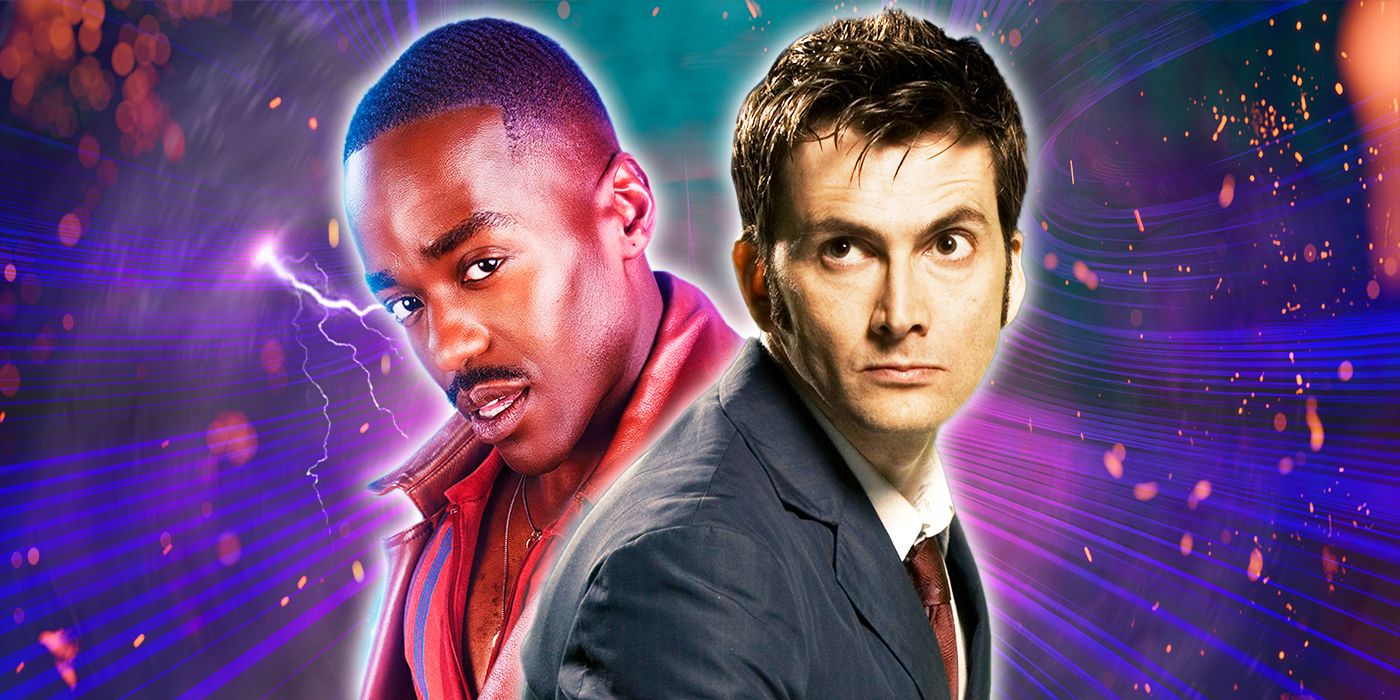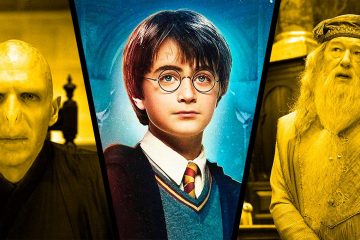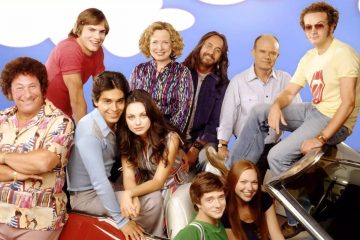Doctor Who was changed forever with the final installment of its 60th Anniversary specials. “The Giggle” saw David Tennant’s Fourteenth Doctor regenerate, but things took an unexpected — and unprecedented — turn this time around. Instead of changing into Ncuti Gatwa’s Fifteenth Doctor, the Fourteenth and Fifteenth Doctors split into two separate Time Lords, in the series’ first ever instance of bigeneration. The Fifteenth Doctor explains that bigeneration is supposed to be a myth, but the Doctor’s need to heal himself has led to him dividing into two separate incarnations. While the Fourteenth Doctor remains on Earth with Donna Noble and her family, the Fifteenth is set to continue roaming time and space.In the video commentary for “The Giggle,” showrunner Russell T Davies revealed his current theory on the workings of bigeneration in Doctor Who. Davies claimed that rather than simply affecting the Doctor’s latest regeneration, the bigeneration occurred to his entire timeline. While it remains to be seen whether Davies will bring this notion into Doctor Who’s official canon, it would mean that every past incarnation of the Doctor effectively survived their regeneration alongside their successor. This opens the door to new stories, such as those seen on spinoff series Tales of the TARDIS, featuring former Doctors, set after their final stories. It may also resolve several regeneration-related mysteries from Doctor Who’s past.While the plot of “The Two Doctors” suggested the Sixth Doctor must have been the future incarnation of the Second Doctor seen in the story, some inconsistencies could suggest this version of the Second Doctor was one that remained after bigeneration. Not only did he appear older, but he and Jamie were sent on a mission by the Time Lords, who never encountered the Second Doctor or his companions until his final story, “The War Games.” It’s possible the bigenerated Second Doctor worked for the Time Lords and was mistaken for the original by his future self.
Doctor Who was changed forever with the final installment of its 60th Anniversary specials. “The Giggle” saw David Tennant’s Fourteenth Doctor regenerate, but things took an unexpected — and unprecedented — turn this time around. Instead of changing into Ncuti Gatwa’s Fifteenth Doctor, the Fourteenth and Fifteenth Doctors split into two separate Time Lords, in the series’ first ever instance of bigeneration. The Fifteenth Doctor explains that bigeneration is supposed to be a myth, but the Doctor’s need to heal himself has led to him dividing into two separate incarnations. While the Fourteenth Doctor remains on Earth with Donna Noble and her family, the Fifteenth is set to continue roaming time and space.
In the video commentary for “The Giggle,” showrunner Russell T Davies revealed his current theory on the workings of bigeneration in Doctor Who. Davies claimed that rather than simply affecting the Doctor’s latest regeneration, the bigeneration occurred to his entire timeline. While it remains to be seen whether Davies will bring this notion into Doctor Who‘s official canon, it would mean that every past incarnation of the Doctor effectively survived their regeneration alongside their successor. This opens the door to new stories, such as those seen on spinoff series Tales of the TARDIS, featuring former Doctors, set after their final stories. It may also resolve several regeneration-related mysteries from Doctor Who‘s past.
While the plot of “The Two Doctors” suggested the Sixth Doctor must have been the future incarnation of the Second Doctor seen in the story, some inconsistencies could suggest this version of the Second Doctor was one that remained after bigeneration. Not only did he appear older, but he and Jamie were sent on a mission by the Time Lords, who never encountered the Second Doctor or his companions until his final story, “The War Games.” It’s possible the bigenerated Second Doctor worked for the Time Lords and was mistaken for the original by his future self.
#Doctor #Storylines #Bigeneration #Easily #Resolve
Note:- (Not all news on the site expresses the point of view of the site, but we transmit this news automatically and translate it through programmatic technology on the site and not from a human editor. The content is auto-generated from a syndicated feed.))



